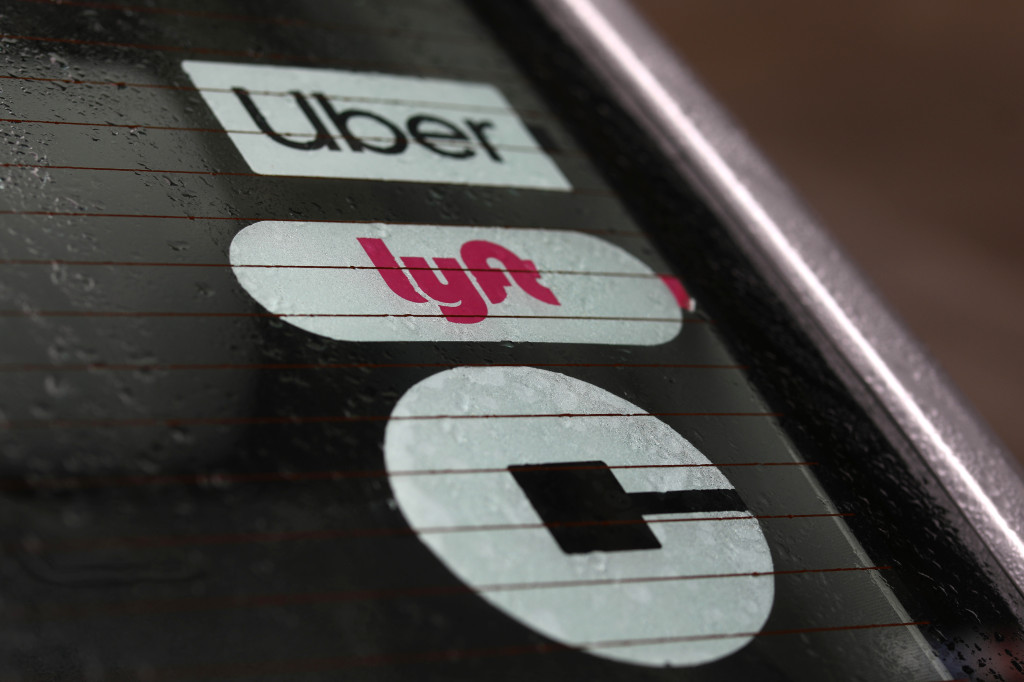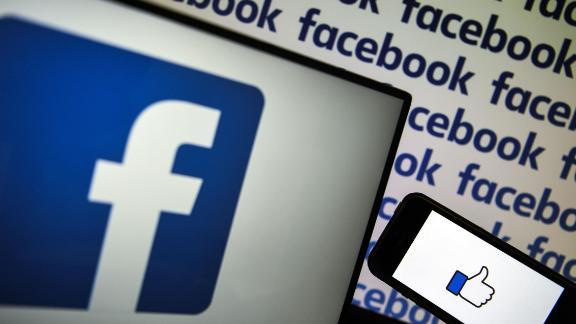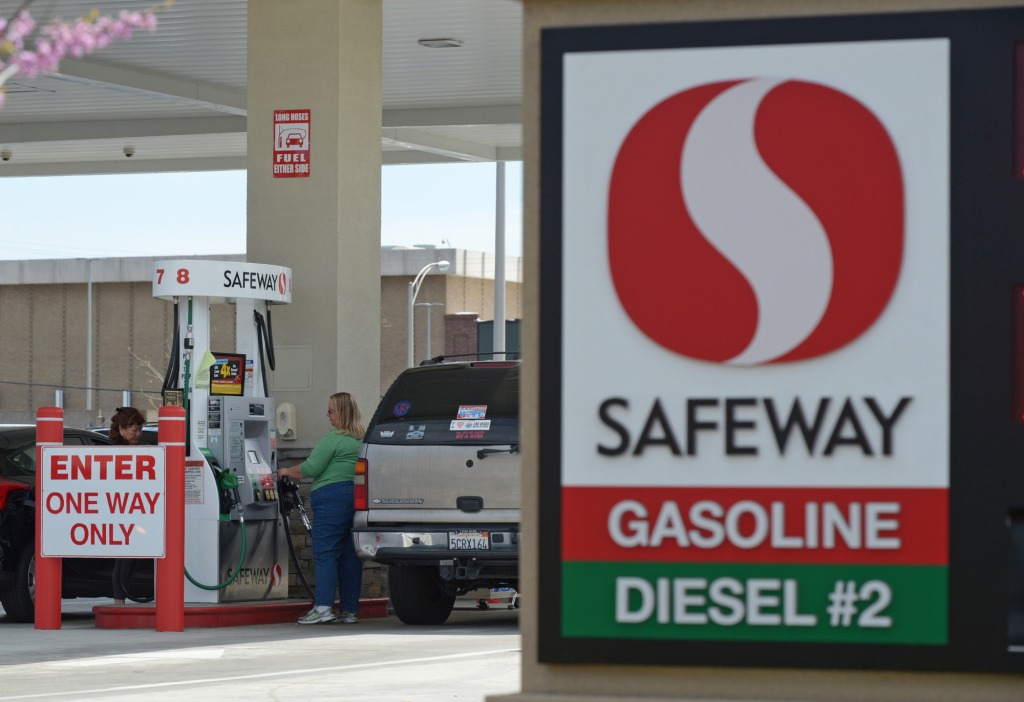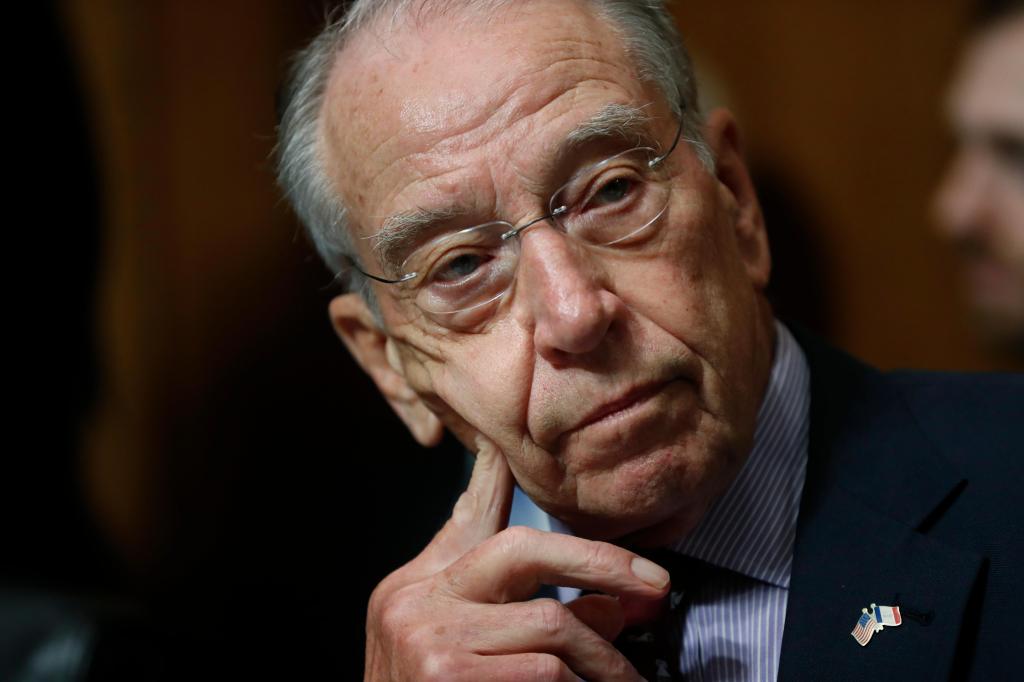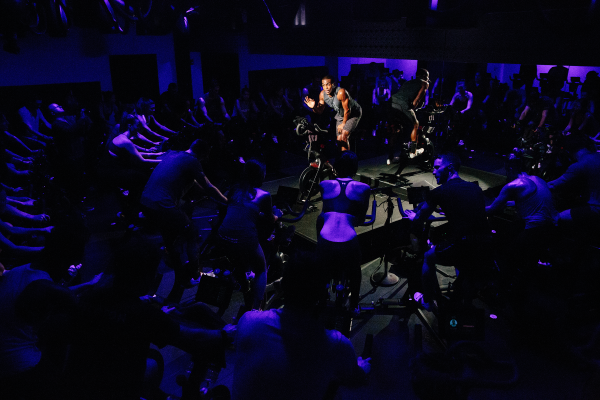As drivers for Uber and Lyft are set to receive jobless benefits because the coronavirus pandemic has thrown so many out of work, a new UC Berkeley report says the two companies would owe California $413 million in unemployment insurance contributions if they had treated drivers as employees rather than contractors.
With workers in the so-called “gig economy” approved to receive federal Pandemic Unemployment Insurance benefits, taxpayers across the country will be covering the cost.
But Uber and Lyft’s controversial classification of ride-hailing drivers as contractors means the San Francisco firms haven’t been paying into state unemployment funds, noted the UC Berkeley Labor Center report. If they had been, they would’ve contributed a combined $413 million between 2014 and 2019, the report said.
Lyft disputed the study’s findings, saying the research “ignores basic economics in an effort to achieve a predetermined conclusion that serves a political agenda.” The Labor Center’s advisory board is stacked with labor leaders, Lyft noted.
The company called the researchers’ assumptions “wildly off.” The researchers assumed that 26% of drivers earned more than $7,000, but that conflict’s with Lyft’s data, which shows 86% of its drivers in California drive fewer than 20 hours a week, the company said. Lyft pointed to recent research that found reclassifying Lyft drivers as employees could cut the number of drivers for the platform by more than 300,000. Also, the company said, the report’s conclusion that 640,000 people drove for the two companies is an over-estimate, because it relies on data about ride-sharing vehicles, not drivers, Lyft said.
Uber did not immediately respond to a request for comment.
Lyft and Uber have been battling California over the state’s new AB-5 gig-worker law that came into effect Jan. 1 and requires many workers considered contractors by their employers to be reclassified as employees and receive employment benefits and protections. Each company has put at least $30 million toward a ballot measure that would overturn the law, and Uber has sued the state, arguing that AB-5 is unconstitutional. Last week, the state filed its own suit, arguing that Uber and Lyft have been misclassifying drivers as contractors and pushing a financial burden onto taxpayers as their drivers collect unemployment benefits from funds the companies have not paid into.
Dozens of ride-sharing drivers circled Uber’s headquarters Monday in a protest organized by advocates for gig workers. The protesters were demanding that Uber comply with AB-5, pay into the state’s unemployment insurance fund and drop the effort to get rid of AB-5 through a ballot measure.
The UC Berkeley report notes that New Jersey has fined Uber $650 million over alleged misclassification of drivers and failure to make contributions to state coffers, a penalty the company is challenging.

